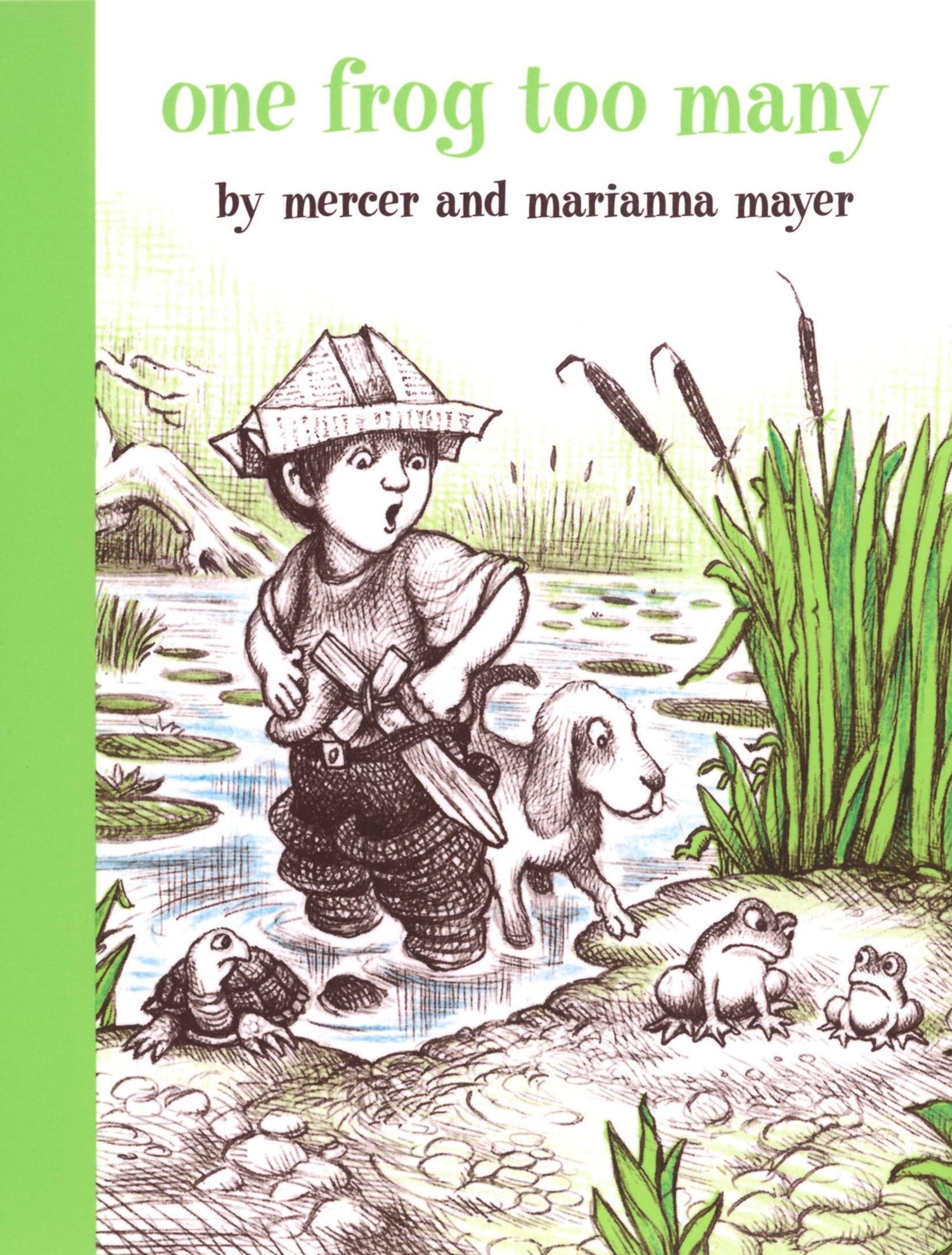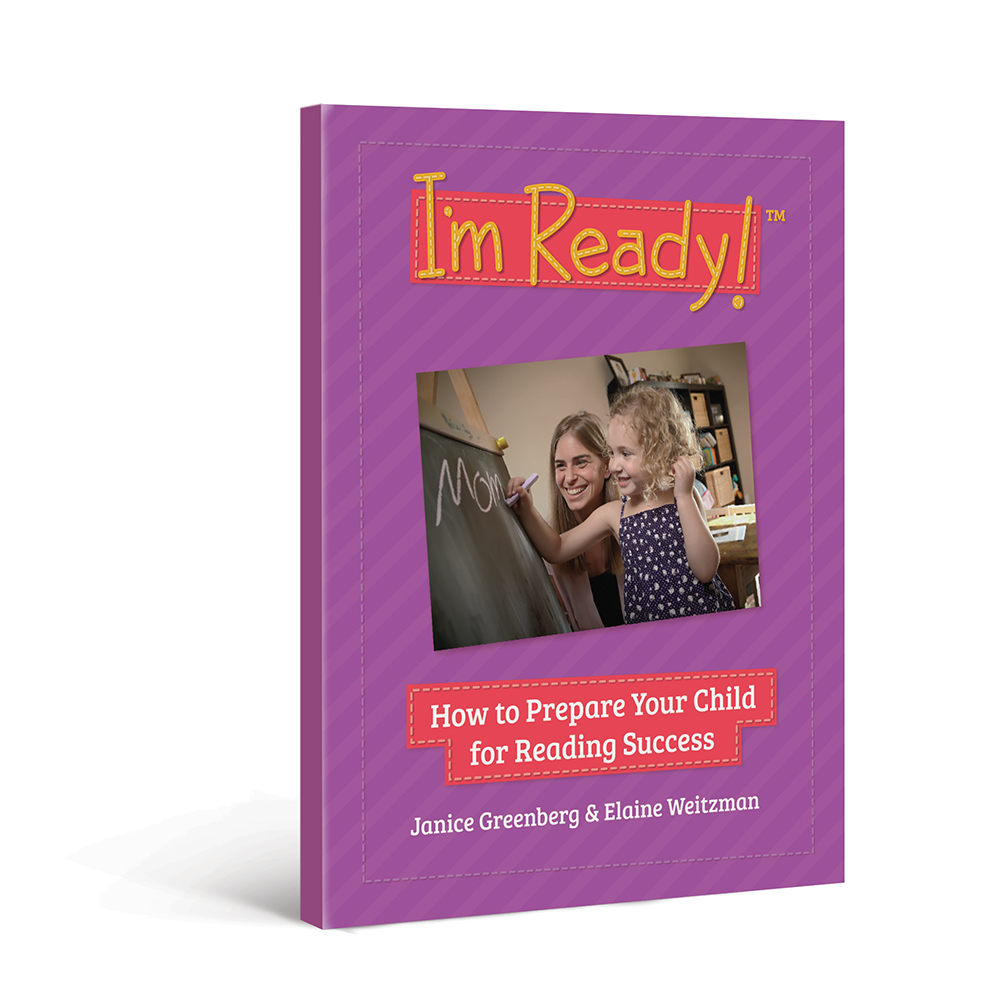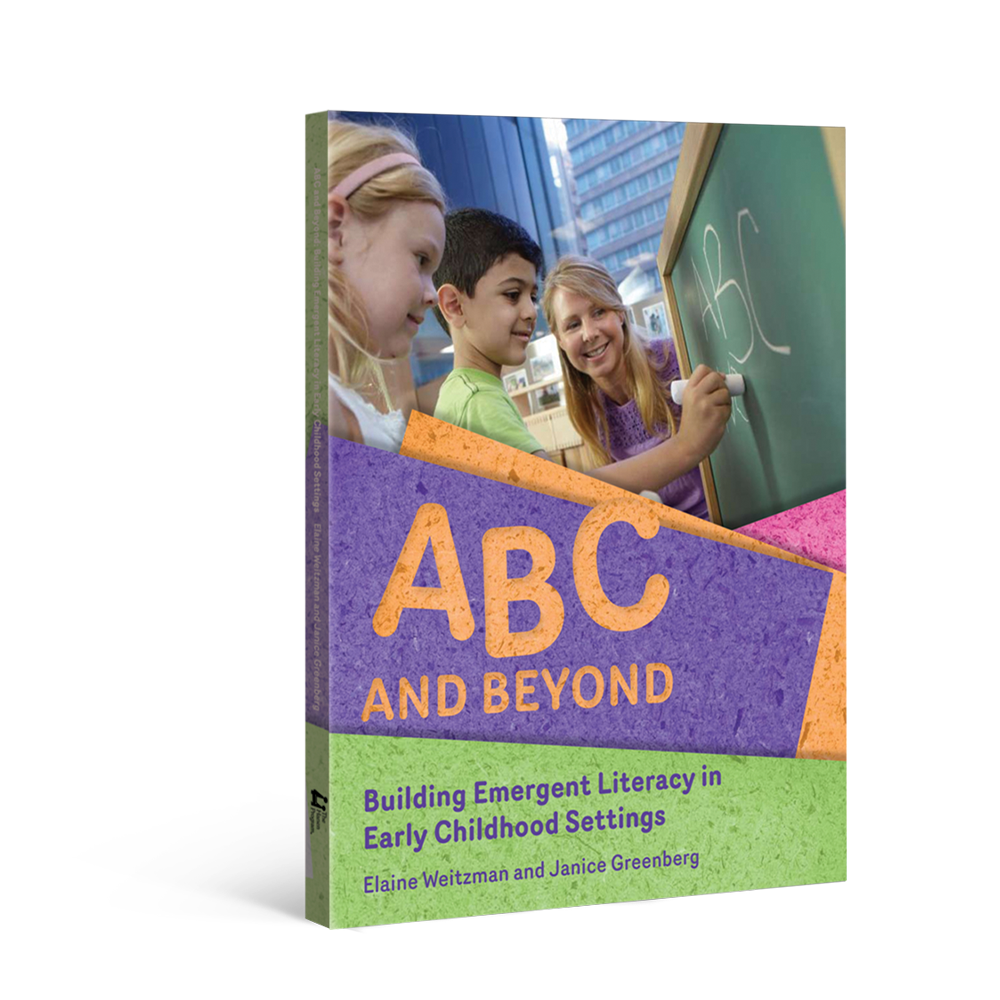This month's Book Nook topic is...
Building Perspective-taking Skills in Autistic Children with One Frog Too Many

An important part of understanding stories is recognizing that different characters in a book may have different feelings, likes or dislikes. The ability to "tune in" to the thoughts and feelings of others is important not only for story comprehension, but for successful communication in all areas of life.
For young children on the autism spectrum, taking the perspective of others can be challenging. If your child is verbal and enjoys books, then book reading can be a fun and natural way to get your child thinking and talking about the differences in people's feelings, thoughts and interests, and how these differences might explain their actions.
Let’s get started!
The Book:
One Frog Too Many by Mercer and Marianna Mayer
Why we picked it
In this wordless picture book, a young boy is gifted a new pet frog. There’s just one problem – his current pet frog does not want to share the spotlight and is jealous of the new frog.
This is a great book for encouraging understanding that different people have different feelings and reactions to the same event. There are no words in the book, but the illustrations very clearly show the emotions of the different characters.
Some strategies to encourage perspective-taking
As you flip through the book before sharing it with your child, think about where you might use the following strategies to encourage perspective-taking:
- Stress the words that describe the characters’ feelings and thoughts –Think about the language you might use to draw your child’s attention to a character’s feelings or thoughts, and remember to add emphasis to these words to make them stand out. You can also point to the facial expressions of the characters as you talk about emotions. For example, you could say:
- "The boy is so excited to have a new pet frog."
- "This frog is angry that there is a new frog."
- "The boy is upset that his old frog bit his new frog."
- Use thinking-out-loud questions and comments – Think about the questions and comments you might use to help your child think actively about what the characters are thinking and feeling. For example:
- "I’m wondering why the old frog is so angry that the boy got a new frog."
- "I think the new frog just wants to be friends with the old frog."
- "How do you think the old frog feels when he gets in trouble?”
First reading
The first reading is all about getting your child familiar with the story. There's no text on the page, but looking at the pictures and commenting on what is happening will improve your child’s understanding of the context of the events in the book, and this is the first step in building story understanding.
As you look at the pictures, stress the words that demonstrate or imply the characters thoughts or feelings by changing the volume or intonation of your voice. You can point to the facial expressions of the characters as you stress some of these words:
- "Angry"
- "Excited"
- "Unhappy”
- "Worried”
- "Scared”
- "Happy”
Re-reading
Once you feel that your child understands the basic storyline, you can start having conversations that encourage perspective-taking. Here are a few ideas to try:
- After each page, add a thinking-out-loud comment or question that highlights what a character might be wanting, thinking or feeling. For example:
- "Why do you think the old frog is so upset?"
- "I wonder how the new frog feels when he sees he is going to be living with another frog.”
- “I wonder why the old frog changed his mind about the new frog at the end of the story.”
- Have a conversation about your child's experiences. Has he ever had to think about what other people might be feeling or thinking? Has someone ever made a mistake about what he was thinking or wanting? You could ask questions and make comments like:
- "Have you ever had a present you were really excited about?"
- "Have you ever changed your mind about how you felt about something?”
- "This reminds me of the time when Jake came over to play. You were having fun but your brother, David, was jealous because he wasn’t getting the same amount of attention.”
Happy reading!
More Resources
The strategies in this Book Nook post are drawn from Hanen’s practical, research-based guidebooks for building emergent literacy. Explore the links below to learn more about how these guidebooks can support you.
For Parents I'm Ready! guidebook
I'm Ready! guidebook
For Educators ABC and Beyond guidebook
ABC and Beyond guidebook
